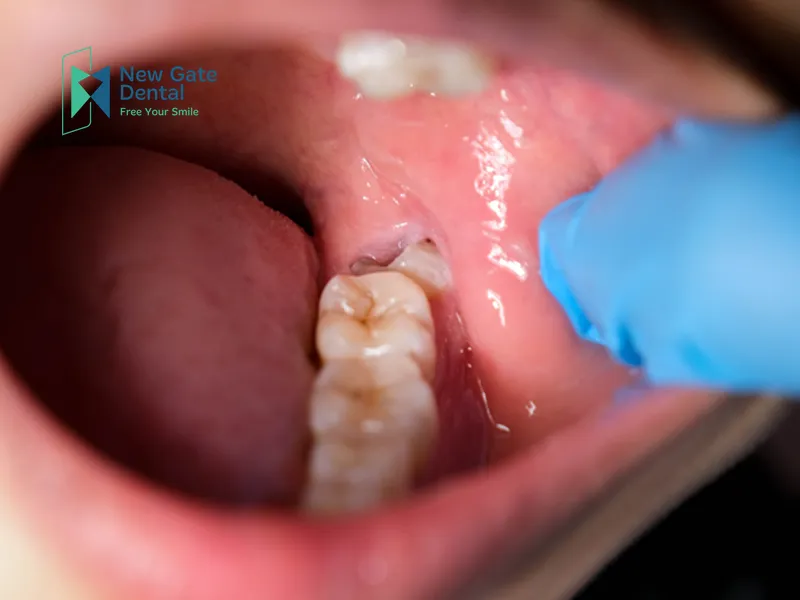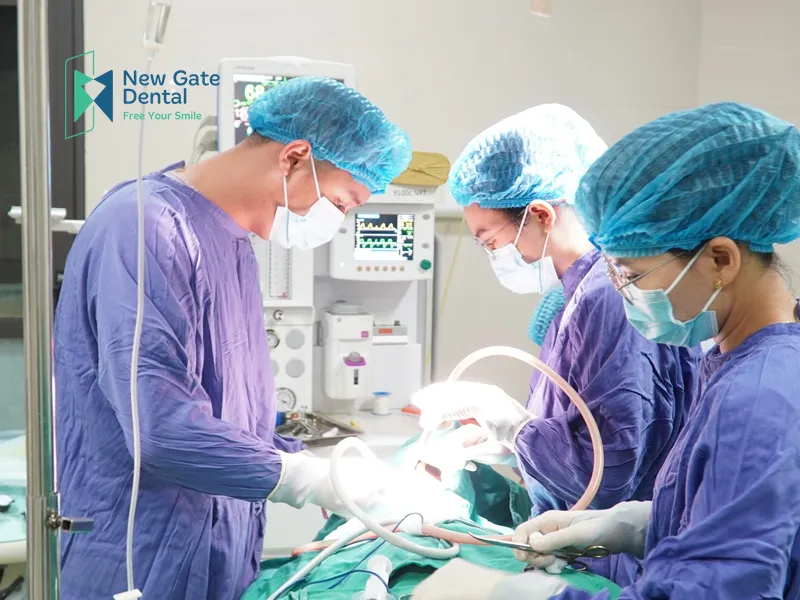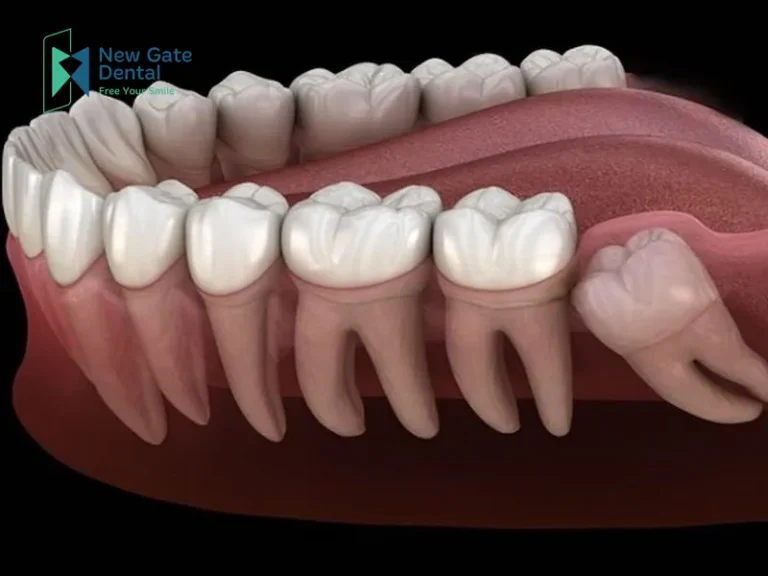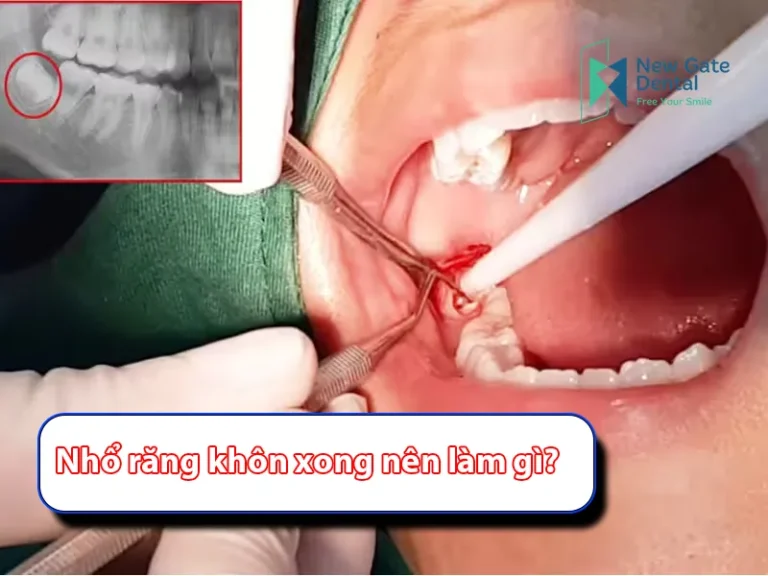Should You Extract Wisdom Teeth That Aren’t Causing Pain? If your wisdom teeth seem to be growing straight without causing discomfort, read this article for clarification on whether extraction is necessary!
Should Extract Wisdom Teeth That Aren’t Causing Pain?
Deciding whether to extract wisdom teeth that aren’t causing pain requires careful consideration. Here are some factors to take into account:
- Severity of Symptoms: If there are no symptoms present, immediate extraction may not be necessary. However, regular monitoring of oral health is crucial.
- Position and Growth Direction of Wisdom Teeth: If the wisdom teeth are growing straight and not affecting adjacent teeth, extraction may not be needed. However, if they are growing at an angle or putting pressure on other teeth, extraction might be the best option.
- Overall Health of the Patient: Individuals with weakened immune systems or chronic conditions should consider their health status before deciding on extraction.
In all cases, it is advisable to consult a dentist for personalized advice and evaluation of your oral health.

Risks of Not Extracting Wisdom Teeth
Neglecting to extract misaligned wisdom teeth, even when they are not painful, can lead to serious oral health consequences. Potential risks include:
- Infection: Bacteria can invade the gums around the wisdom teeth, leading to inflammation.
- Damage to Other Teeth: Misaligned wisdom teeth can push against adjacent teeth, causing misalignment and wear.
- Cysts or Tumors: In rare cases, misaligned wisdom teeth can lead to cyst or tumor formation.
- Nerve Damage: Wisdom teeth close to nerves can cause damage, leading to numbness or loss of sensation in the lower lip or tongue.
Should Extract Wisdom Teeth That Aren’t Causing Pain?
In cases where wisdom teeth are growing normally like other teeth in the arch and do not significantly impact health, extraction may not be necessary.
Although straight-growing wisdom teeth may cause slight discomfort during the process of breaking through the gums, this is typically not a cause for serious concern. The eruption of wisdom teeth can take time and might cause mild pain due to their size, but this is generally manageable and not alarming.
Allowing wisdom teeth to fully erupt can not only strengthen your dental structure but also protect the gums from potential harm. Furthermore, avoiding extraction means you won’t have to deal with the pain and discomfort associated with the procedure.
Additionally, keeping your wisdom teeth can help maintain the stability of your dental structure and avoid potential risks from extraction, such as infection or soft tissue damage.
In summary: Even though your wisdom teeth are not causing pain, it is advisable to visit a dental clinic for a professional assessment. This can prevent future issues such as tooth decay or food trapping between teeth.

The Wisdom Tooth Extraction Process
The extraction process typically occurs in a dental office and includes the following basic steps:
- Pre-Consultation with the Dentist: The dentist will examine your oral health and may take X-rays to assess the condition of your wisdom teeth.
- Scheduling the Procedure: Depending on your overall dental health, if other issues are present, your dentist may recommend treating those before extraction. If everything is normal, extraction may occur immediately.
- The Extraction: The dentist will use dental instruments to remove the wisdom teeth. In some cases, local anesthesia or sedation may be required.
- Post-Operative Care: After extraction, follow your dentist’s instructions for wound care, pain management, and any necessary antibiotics.
The cost of wisdom tooth extraction can vary based on the complexity of the procedure and the dental practice.

Frequently Asked Questions:
1. Should You Immediately Extract Wisdom Teeth That Aren’t Causing Pain?
It’s not always necessary to extract wisdom teeth immediately, even if they aren’t painful. However, you should have a dental check-up to evaluate their growth. If they are misaligned, impacted, or causing hygiene issues, your dentist will advise on the necessity of extraction to prevent potential risks like tooth decay, gum disease, or structural issues.
2. Can Pain-Free Wisdom Teeth Cause Issues Later?
Pain-free wisdom teeth can still pose future risks. For example, misaligned wisdom teeth can exert pressure on adjacent teeth, leading to misalignment or decay. Impacted wisdom teeth can cause gum inflammation, gingivitis, or even jawbone infections.

Conclusion
The decision to extract pain-free wisdom teeth depends on individual circumstances. The most important thing is to have regular check-ups with your dentist to monitor your oral health and receive appropriate treatment advice. Remember, prevention is always better than cure. Take the best care of your oral health to avoid unwanted issues. We hope this article from New Gate Dental has answered your question: “Should you extract wisdom teeth that aren’t painful?” If you are experiencing dental issues or need assistance with your wisdom teeth, please contact us for prompt consultation.
Contact Information:
- Branch: 04 Dang Tat Str., Tan Dinh Wd., District 1, HCMC
- Branch: 218 Tan Huong Str., Tan Quy Wd., Tan Phu Dist., HCMC
- Hotline: 085 522 9911
- Website: NewGateDental.com
- Fanpage: New Gate Dental
- NewGate Dental Treatment pricing chart - 06/10/2024
- What Are Orthodontic Rubber Bands? Types of Rubber Bands Used in Braces - 04/10/2024
- When Should You Extract Wisdom Teeth? - 04/10/2024










